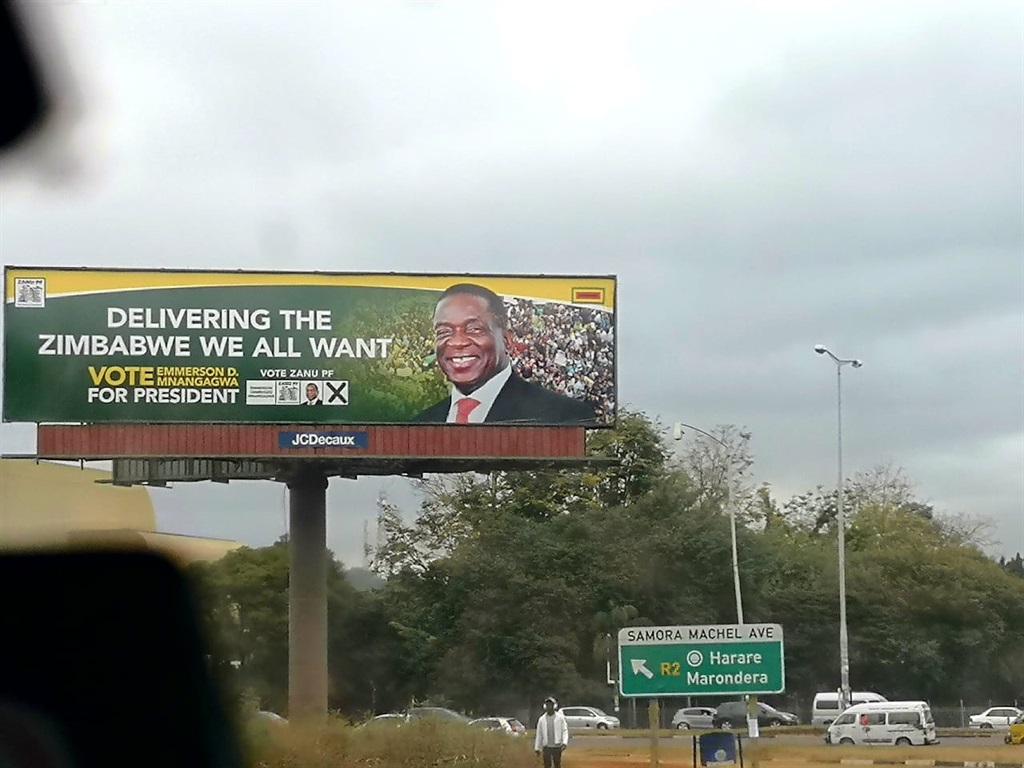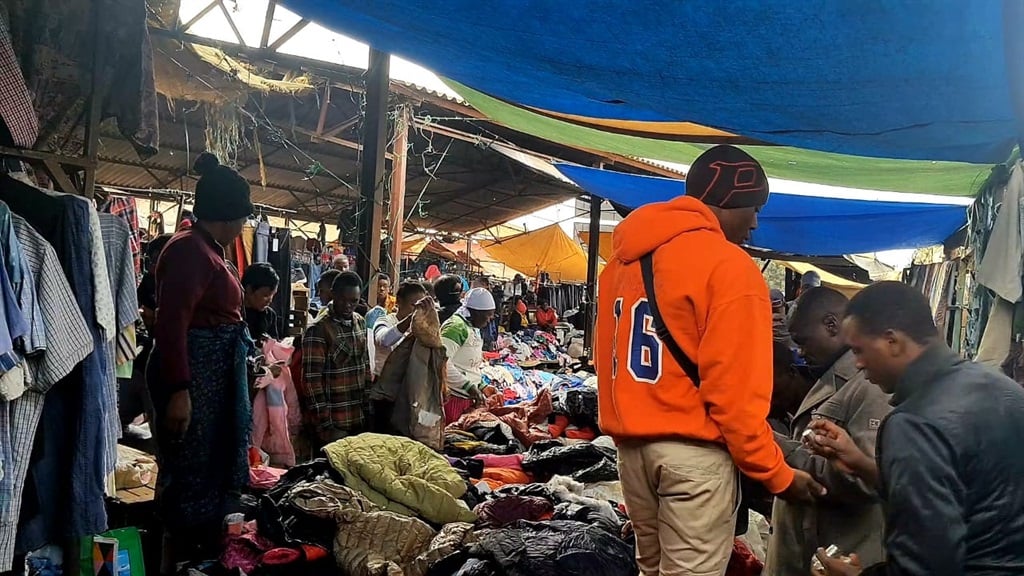“Shamwari, what do you think of ED (Emmerson Mnangagwa)?” I ask a barber in Zimbabwe on a Thursday evening about two weeks before the much anticipated national elections.
Without a thought, a glance up or even the slightest hesitation of the scissors cutting through my friend’s hair, he replies: “They like to see us suffer.”
I am taken aback and an awkward laugh emanates from that voice box of mine.
In my one week holiday to the capital city, Harare, I asked each person I met two questions: “Will you vote and who do you think will win the elections?”
From those two questions conversation flows faster than the cars on the potholed-ridden roads of the city.
People swerve from topic to topic, pausing only to hear my questions and scope out the path that would do less harm to the foreign perception of Zimbabwe.
But not once is it put so bluntly by a citizen of the republic.
The barber, dressed in hip-hop street style, working in a well-lit hair salon that looks like it could be in Sandton, in the Chinese quarter of Harare, keeps silent after his statement of venom.
Eventually I press him to explain what he means. What comes next is a flurry of anger and dissent at the political system and how “they and their sons are eating, but handzi in rural areas people have nothing ... nothing”.
His anger is a trait that runs through all the Zimbabweans I spoke to.
They have no confidence in the political system and believe that elections are just a way for the “new” crop of politicians to legitimise their power so that they can fill their tummies and that of their families.
This is why everyone – and this is not an exhaustive opinion poll – bar one person said they will not vote, because “what’s the point. It’s still Mugabe’s advisors”.
Out of a population of 14 million, just over 5 million registered to vote and a turnout of about 70% were, provisionally, said to cast their votes.
If one takes the most optimistic numbers, that’s about 4 million people who voted in what has been hyped as the most historic election in Zimbabwe’s 38 year history.
That’s an optimistic estimate of 30% of the citizens deciding who will lead 100% of the citizens.
To be fair, according to the International Institute for Democracy and Electoral Assistance (IDEA), the voter turnout will be largest in the history of the country, with other elections having a turnout of under 45% while the inaugural elections had a turnout of 63%.
However you want to slice and dice these numbers, the point is that sentiment regarding the electoral process, and its resulting political situation, does not fill the hearts of Zimbabweans with confidence.
During a visit to one of Harare’s flea markets, Pedza Nhamo, the sheer volume of people buying and selling clothes made my head spin.
Everything from clean second-hand clothes to genuine knock-offs are sold and bought with everything from US dollars to Zim dollars to mobile money – called EcoCash.
In that morass of textiles and dust a man with shades, a notebook and the Queen’s English approached me.
We got chatting and I asked him the two politically-loaded questions.
“There’s no point in voting because nothing has changed (since Robert Mugabe). ED (Mnangagwa) will win, because they (Mugabe and Mnangagwa) are cut from the same cloth.”
Then he says something interesting: “I will never leave here, there’s money to be made, and there’s hope.”
Money? Where? S’trues Bob, five minutes later I see stacks of cash being exchanged on the sidelines, behind backs and in makeshift “change rooms” (the curtains were open).
It is an eye-opener. Yes, Zimbabwe has a cash flow problem with the central bank continually coming under fire for the cash shortages, but people still have hard cash on hand.
Citizens who require urgent cash usually have to turn to the black market and “the rates” are discussed like the weather.
Those rates continue to vex me as I was always out of the loop when two Zimbabweans asked each other about “the rates” and the other replied “it’s almost two-to-one”.
What is this two-to-one story, what economics is this I kept asking myself? Eventually someone tried to simplify it for me: if you have 100 dollars in the bank and you want cash, if there are available funds, you will get 50 dollars – that’s two dollars in the bank is equal to one in the street.
With the economic crisis at such a stage, the most important thing that Zimbabweans want besides political confidence is economic stability.
Prices are in constant flux – no one knows what the price of eggs will be tomorrow.
Importers and local manufacturers are struggling as most suppliers prefer not to do business with companies who do not have hard cash.
Consumers will shop around for that one businessperson not-clued-up-on-the-rates and get more bang for their buck.
Yet, despite this seemingly bleak situation the emergence of mobile money and its technological leap due to the cash shortage has catapulted Zimbabwe to something of an innovator.
After all a quick stroll through Joina City Mall in Harare CBD proves that the mobile money queues are longer than the bank queues.
Zimbabwe is quite an enigma – economically and politically the situation is in flux but dare ask “why not leave if it’s so bad” and you will be met with patriotism and anger.
“Leave to where?” the barber asks me.
“Joburg,” I say.
He laughs and says he has a brother in Hilbrow who has to carry a gun all the time because he has been robbed so often.
“That’s not the life I want,” he says. It’s a quarter to ten in the evening as he hands the mirror to my friend to take look at his work. My friend looks mighty impressed with the haircut.
The barber hands my friend his EcoCash merchant number and with a smirk turns to me and asks: “Besides, where in South Africa can I do business till this late?”
Touché, Hope is eternal.




 Publications
Publications
 Partners
Partners










